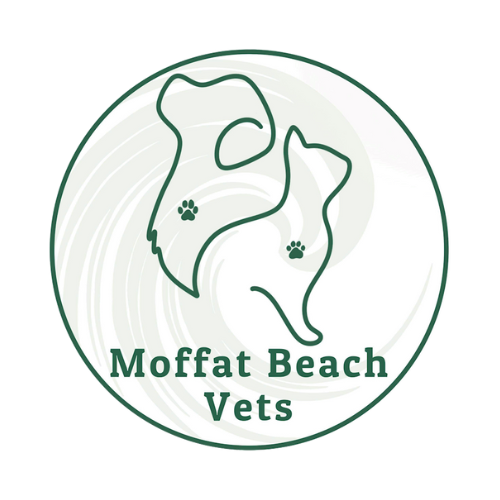Dog Dentist Caloundra
Routine teeth checks keep your pup smiling all day long. Stop by for a free, 5-minute dental check for your dog. We use a caring and gentle approach to put your pup at ease.
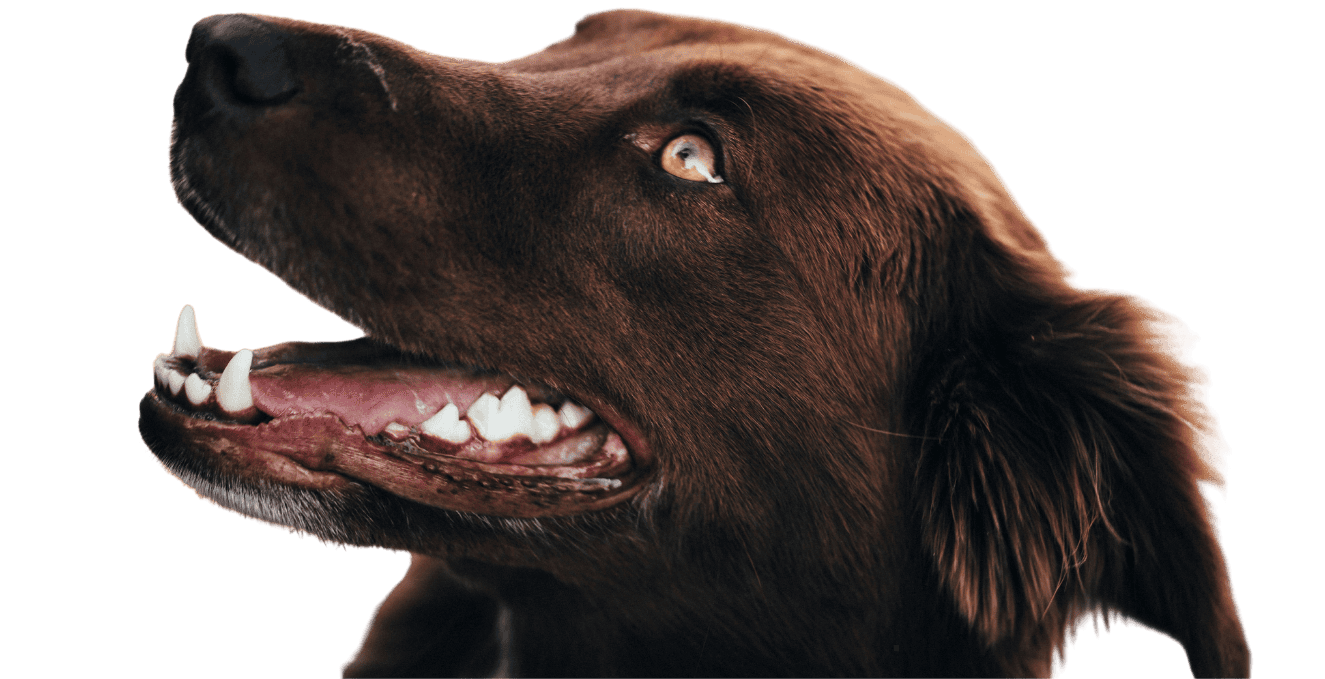
Trustindex verifies that the original source of the review is Google. Always greeted with a warm welcome, vets and nurses are all so kind and caringTrustindex verifies that the original source of the review is Google. One of the best and caring vets I've been to.Trustindex verifies that the original source of the review is Google. They helped bring a little comfort and kindness during an otherwise heartbreaking time.Trustindex verifies that the original source of the review is Google. These ladies (and Tim!) are the best in the business in my opinion. They were so patient and loving with my boy Marvin, they were helpful and answered any and all questions I had. He was spoilt rotten with cuddles and treats and I can bet he is excited for his next visit already. Thank you to the Moffat Beach Vets team!!Trustindex verifies that the original source of the review is Google. My first visit to your Veterinary Practice where I registered my little dog Georgie Girl. It was a wonderful experience. Dr Belinda who examined Georgie was amazing and suggested a number of things that may help towards Georgie 's wellbeing. I would have no hesitation in recommending Dr Belinda at Moffat Beach Vets to my friends. She was so easy to talk to and Georgie was so relaxed when she was examined, which is normally unusual for her. The Vet Nurse Taylor was also very friendly and helpful. I would definitely let all my friends know about Moffat Beach Vets.Trustindex verifies that the original source of the review is Google. Brilliant and super friendly and helpfulTrustindex verifies that the original source of the review is Google. All staff are welcoming and knowledgeable!! They make it so easier for me to book my pet in around work schedules which I appreciate!! Staff are always happy to see you and conversations are so easy!Trustindex verifies that the original source of the review is Google. My fur baby Bella who is a rescue hates anyone thats breathing an warm red blood running through their veins. I'm not joking. Thanks to the wonderful staff they can not only wash her but clip her nails. I have 3 fur babies an I never have to drag them in there. Powderpuff actually runs in there to greet them. The first 2 months of taking Bella to get groomed they call me to say they can't get her to come out of the cage. I kept taking her there an they finally won her over.Verified by TrustindexTrustindex verified badge is the Universal Symbol of Trust. Only the greatest companies can get the verified badge who has a review score above 4.5, based on customer reviews over the past 12 months. Read more
Dental Care for Dogs
Just like humans, dogs’ teeth need looking after too! The health of their teeth and gums has a significant impact on their overall quality of life. That’s why we offer free, 5-minute dental check to diagnose any current dental issues your dog may be dealing with.
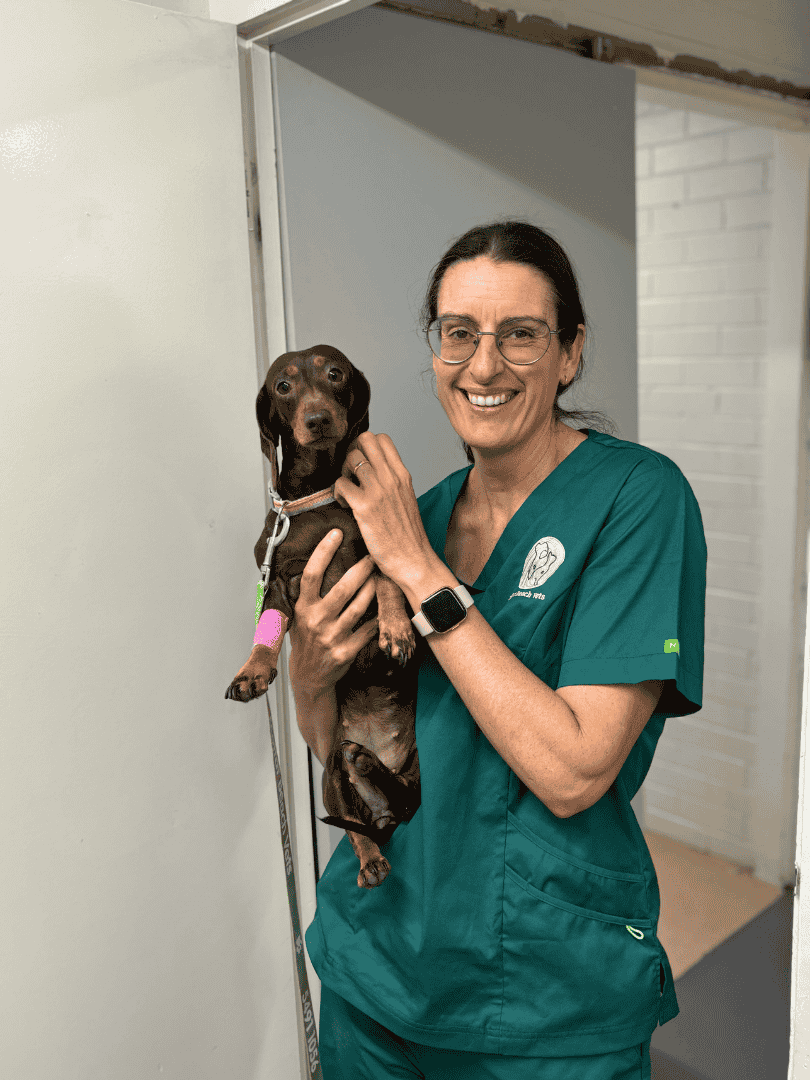
Common Signs of Dental Disease in Dogs
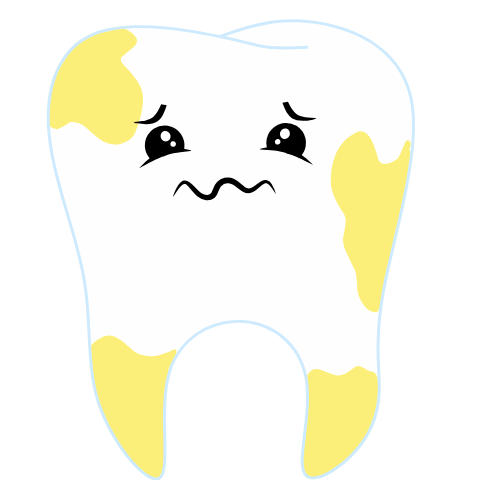
Yellow-brown tartar around the gum line
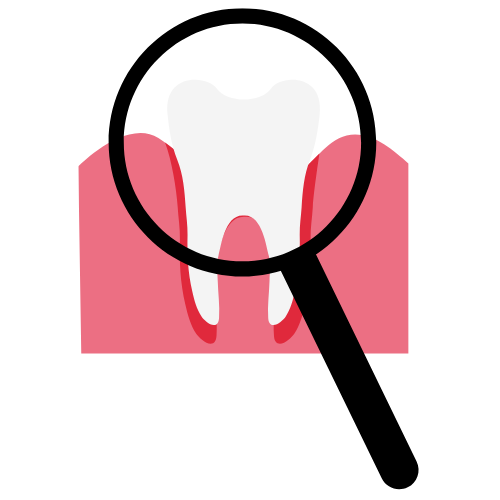
Inflamed, red gums

Bad breath

Excessive Drooling
It’s estimated that up to 80% of dogs suffer from some form of dental disease by the age of three. If your dog is showing any of these signs of dental disease please book an appointment to see one of our veterinarians. Early assessment and action can save your pet’s teeth!
Did you know?
Some Animals With Dental Disease May Show No Obvious Signs
Especially, in the early stages. It’s also important to remember that just because your pet is eating, it doesn’t mean they do not have dental pain.
Your pet will need to be assessed by one of our veterinarians. The degree of dental disease will be assessed to determine what type of treatment is required.
What's Involved in a Professional Tooth Cleaning for Dogs
1. Before Consult
It is similar to a scale and polish done by a dentist for us, however, unlike us, our pets won’t sit still or open their mouth to allow a comprehensive examination or cleaning of their teeth.
For this reason, our pets need to have a general anaesthetic for a professional dental assessment and clean.
The assessment will include a physical exam and possibly blood and urine tests
to ensure they are healthy prior to having an anaesthetic.
2. During Consult
Once anaesthetised, we can give the teeth a thorough cleaning using our specialised dental equipment.
3. After Consult
When your pet goes home we will also discuss methods of reducing dental disease in the future.
If you have any questions about dental care or professional cleaning please do not hesitate to contact us.
Dental Surgery for Dogs
Dental disease typically begins with a build-up of plaque, consisting of bacteria, food particles and saliva components, on the teeth.
Dental surgery is a solution for long term, untreated dental disease.
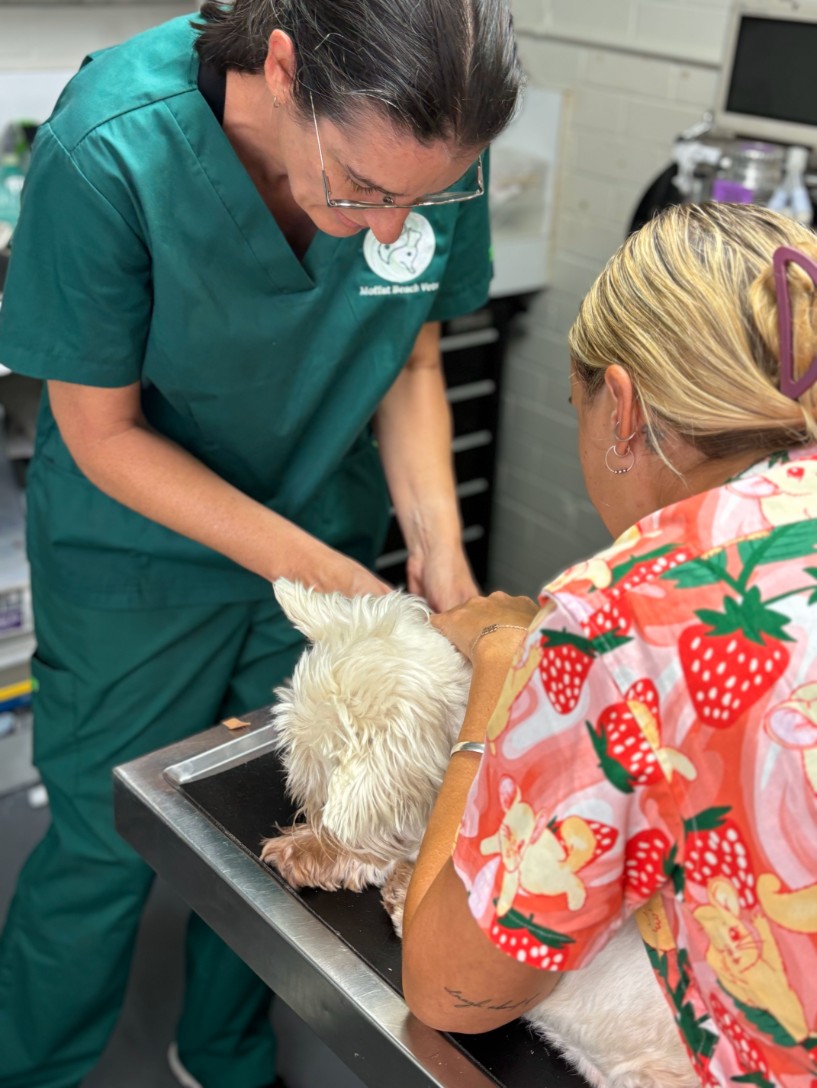
Calm Visits With Our Fear Free Approach
At our veterinary clinic, you’ll be fully supported with sound advice for your dog.
As part of our service, we help you understand the health care and treatment options available to your canine, even those that can be implemented before or after your visit to calm your pet. Ask our team about this today!
With good advice and professional recommendations, you’ll be well equipped to make the best health care decisions for your pet.
What to Expect from Our Clinic
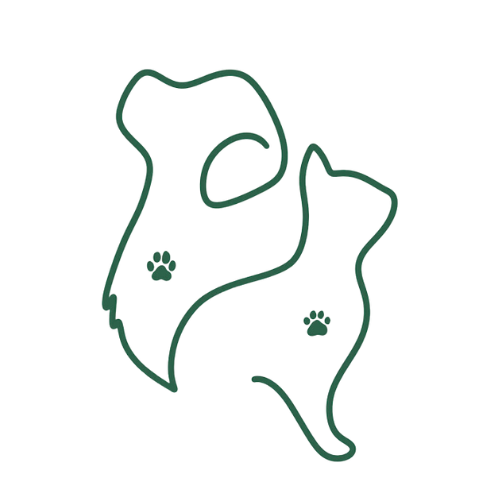
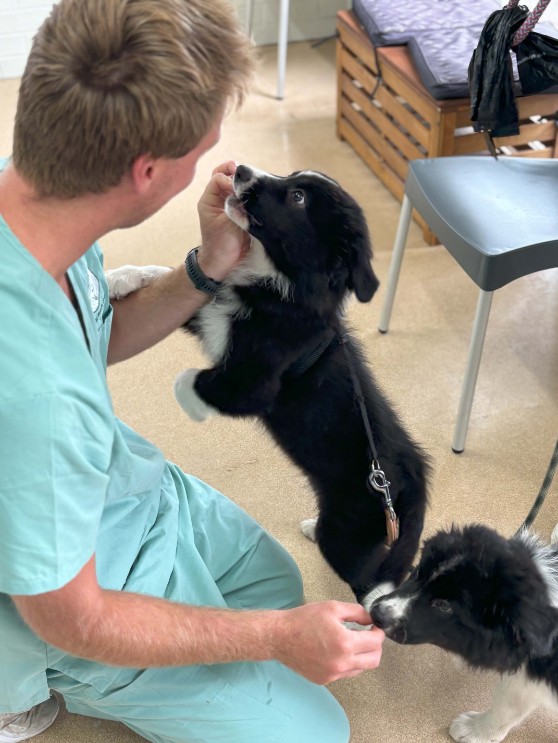
Prompt Service
We have a range of methods and practices that we can use to ensure your pet has an anxiety free visit to our clinic. Enquire about these with our team.
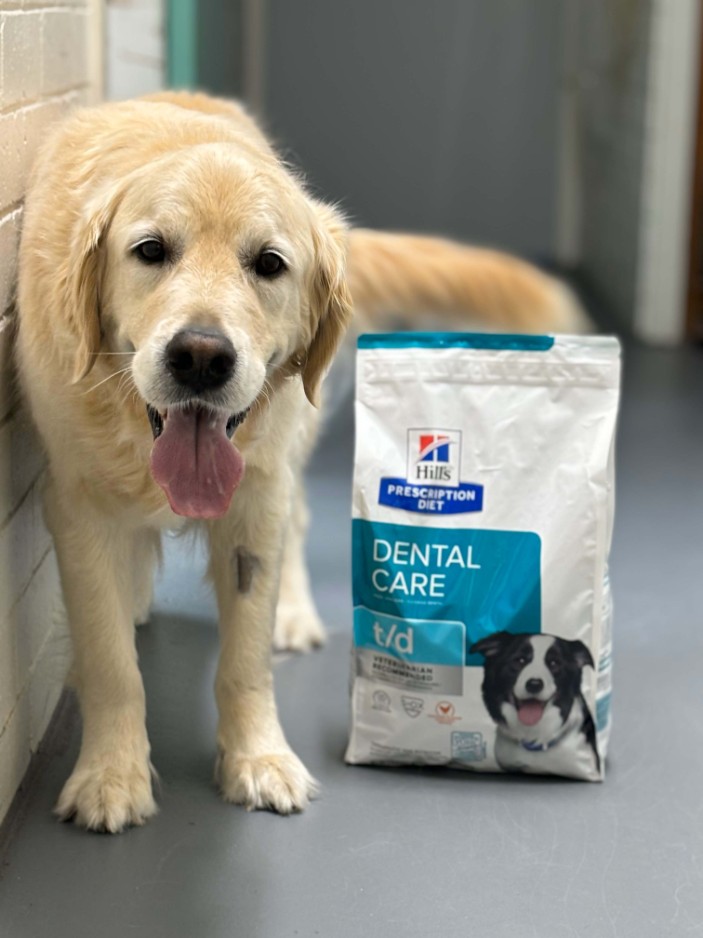
Fear Free Approach
We have a range of methods and practices that we can use to ensure your pet has an anxiety free visit to our clinic. Enquire about these with our team.
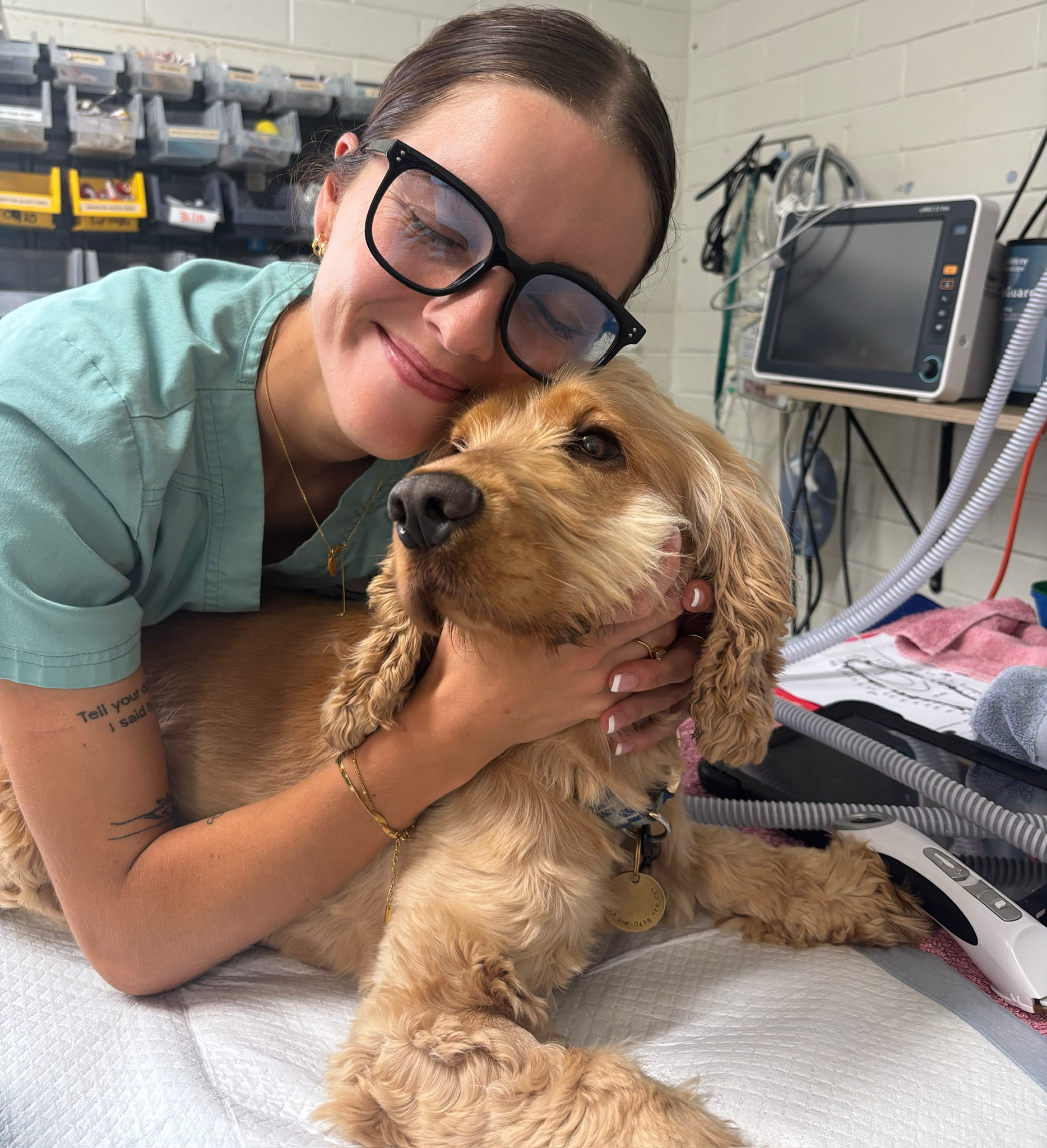
Caring Staff
We have a range of methods and practices that we can use to ensure your pet has an anxiety free visit to our clinic. Enquire about these with our team.
Periodontal Disease in Dogs
Plaque sticks to the tooth surface above and below the gum line and if not removed will calcify into tartar (also known as calculus). This appears as a yellow-brown material on the teeth.
Over time the plaque and tartar can result in periodontal disease, which results can result in irreversible changes to the teeth and supportive structures.
Periodontal disease can result in local problems, such as red and inflamed gums, bad breath, and the loss of teeth. There is also growing evidence that periodontal disease can be associated with disease in distant organs, including the heart, liver and kidneys.
Ultimately, dental disease is more than just a cosmetic issue – it can be a cause of significant illness and pain in dogs.
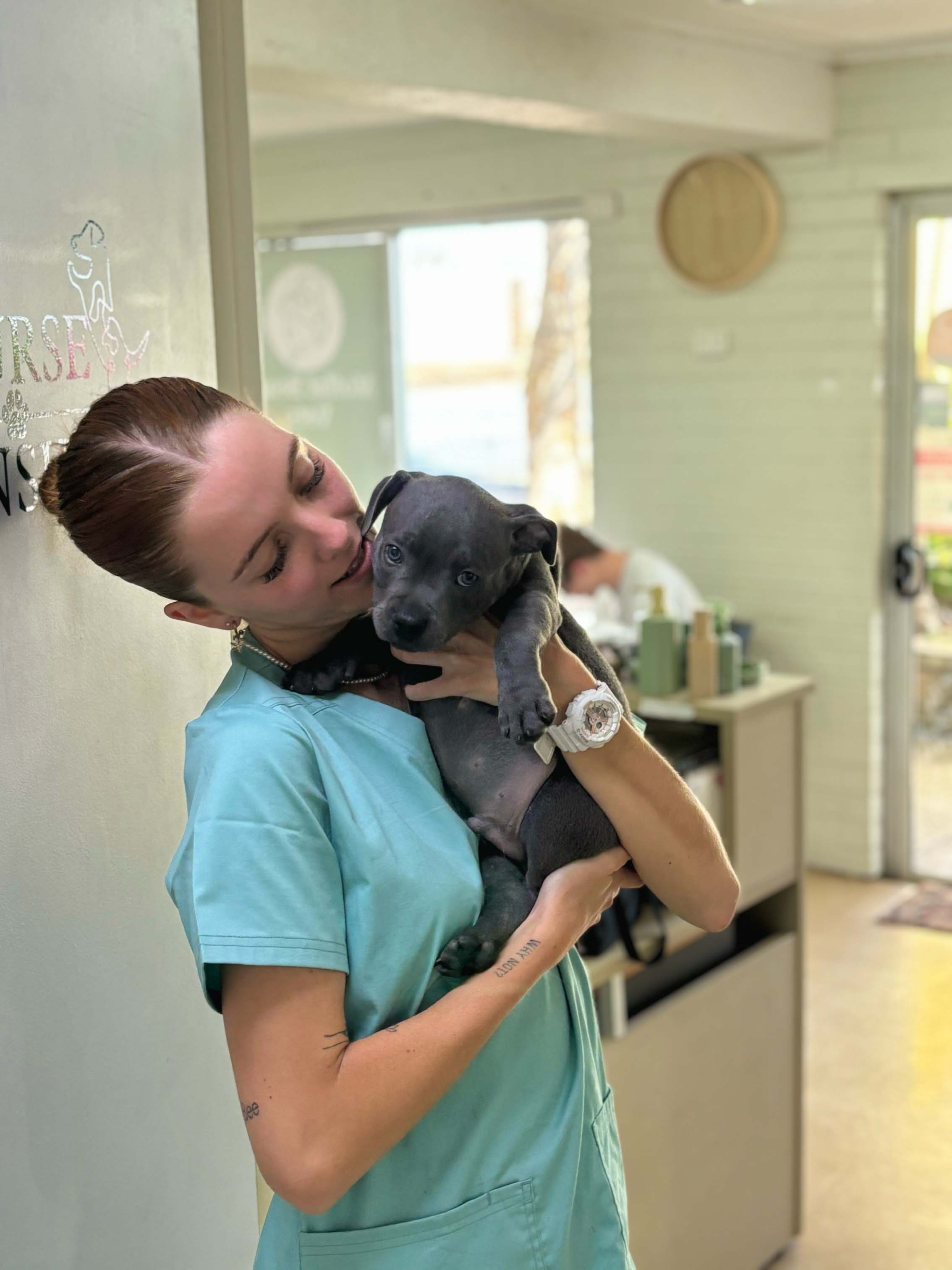

How to Prevent Dog Dental Disease
Long-term control and prevention of dental disease requires regular home care. The best way to begin this is to acclimatise your pet from a young age. Dental home care may include:

Brushing Teeth Daily
Just like us! This is the best form of dental hygiene. Pet toothbrushes and toothpaste are now available. Please do not use human toothpaste formulas as they are not designed to be swallowed and may be toxic to your pet.

Teeth Friendly Chews and Toys
Use dental toys, enzymatic chews, or teeth cleaning biscuits, all of which may help keep the teeth clean.
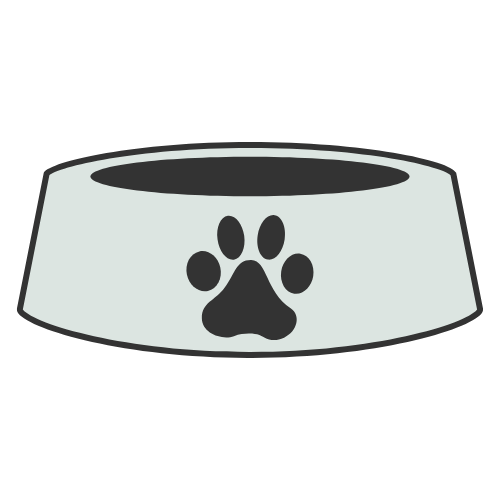
Special Dental Diets
Feed pets special dental diets. This can help reduce the accumulation of tartar. As with most things in life, when it comes to dental disease, prevention is definitely better than cure. Regular and frequent attention to your pet’s teeth may avoid the need for a professional dental clean under anaesthetic, and will also improve your pet’s overall health.
Common Questions About Dog Dentistry
How do I know if my dog has dental disease?
- Bad breath.
- Yellow or brown tartar build-up on teeth.
- Red, swollen, or bleeding gums.
- Difficulty eating or chewing. Loose or missing teeth.
- Pawing at the mouth or excessive drooling.
What can dogs eat after dental surgery?
How much is dog dental surgery?
Can I remove plaque from my dog's teeth without a dentist?
You can reduce plaque buildup by:
- Regularly brushing your dog’s teeth with pet-safe toothpaste.
- Providing dental chews or toys designed to clean teeth.
- Using water additives or oral sprays approved for dental health.
However, professional dental cleanings are the most effective way to remove plaque and tartar.
